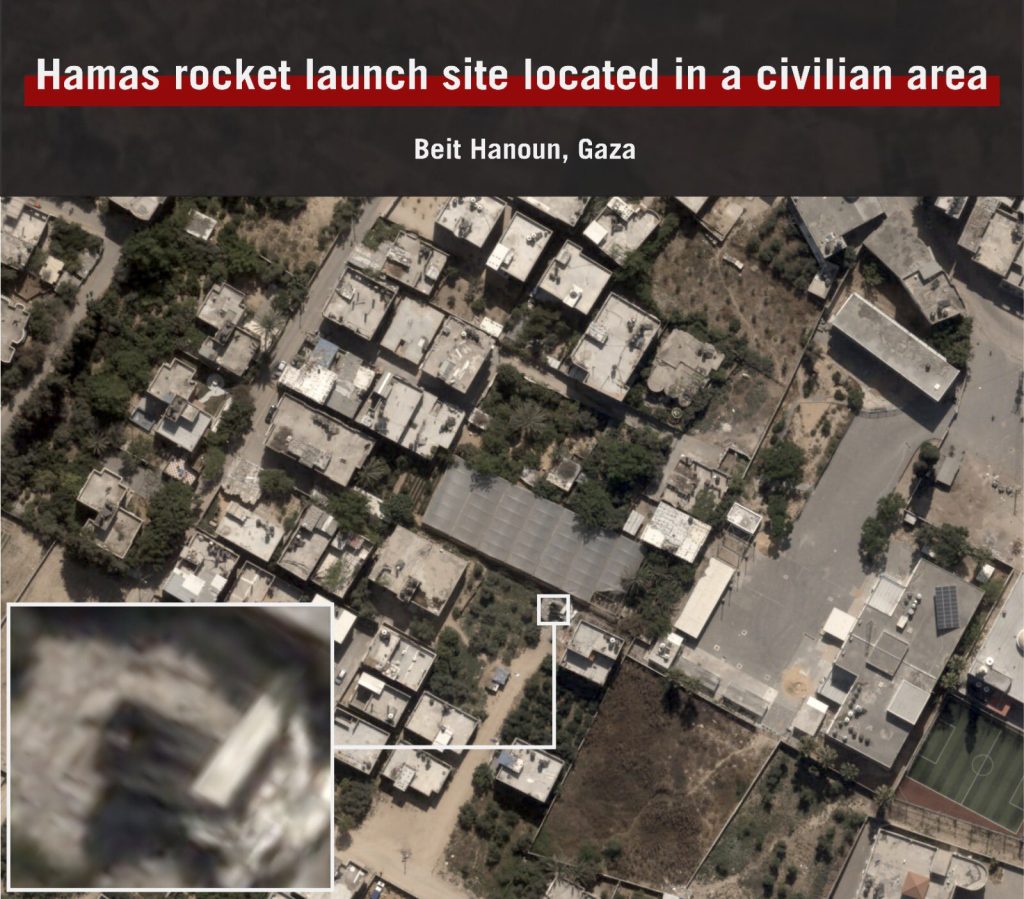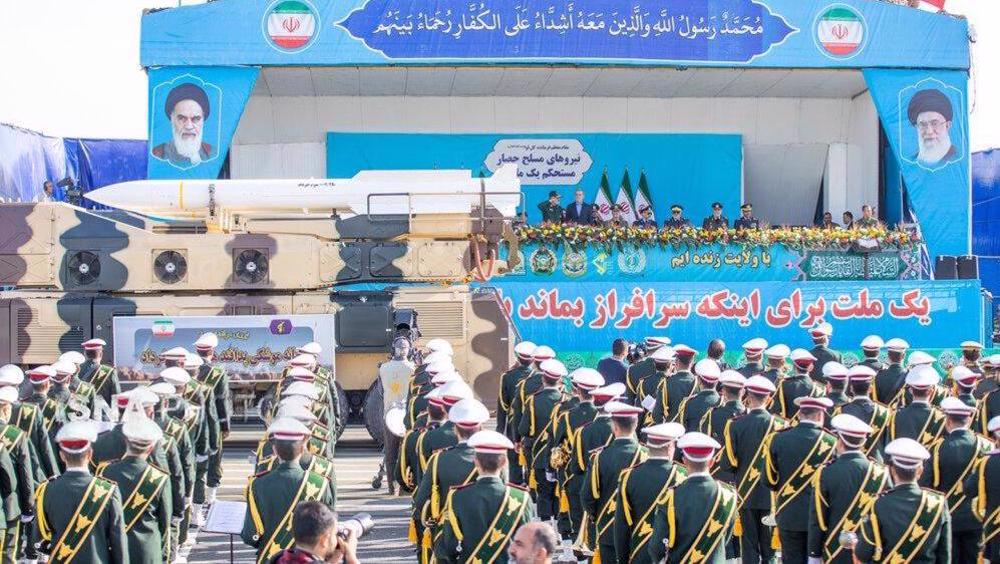FRESH AIR
IN THE MEDIA
Distorting international law gives terrorist groups like Hamas impunity
October 25, 2023 | Jamie Hyams

The Mercury – 25 October 2023
As sure as night follows day, terrorism against Israel will be followed by claims Israelis brought it upon themselves by allegedly oppressing the Palestinians, and then Israel’s response to any particularly serious attack will be labelled a breach of international law, and war crimes. Greg Barns’ last two columns are prime examples.
The logical conclusion of such war crimes allegations is that no country attacked by an enemy that embeds itself within a civilian population can respond with effective military action. This would simply give terrorist groups like Hamas impunity, which surely cannot be international law’s intention.
Israel has a duty to defend its people, which, following the horror Hamas unleashed, means stopping the rockets, preventing further incursions, rescuing the hostages, and uprooting Hamas to ensure it can never repeat an attack like October 7.
Much criticism of Israel’s various campaigns against Hamas results from a misunderstanding of international law regarding proportionality. This law doesn’t limit Israel to using the level of force used against it, or causing the number of casualties it incurs. And while Israel takes great measures to avoid civilian casualties, such as warnings to evacuate before bombing, often impeding its military objectives, it also doesn’t automatically make civilian casualties a war crime.
Proportionality basically entitles combatants to use the level of force necessary to achieve a legitimate military objective, but prohibits excessive force. For example, if Hamas is using a house to launch rockets, or an apartment complex to house command posts, Israel may destroy that house or those apartments, but not level the entire block. And if, tragically, civilians are killed, Israel has committed no crime unless it exceeded the necessary force.
Hamas, cynically, embeds its military infrastructure deep within its civilian population, a war crime known as perfidy. Under international law, it therefore bears the blame for resultant civilian casualties. It hides weapons and fighters in homes, apartments, mosques, schools and even hospitals. Its military headquarters is actually in tunnels under Gaza’s main hospital.
Under Hamas’ evil calculus, either the civilian presence protects it, or Israel accidentally kills civilians, damaging Israel’s reputation, so Hamas wins either way. When Israel urged Gaza City’s civilians to flee a few kilometres south for their safety, their Hamas government not only ordered they remain, but actively blocked the roads!
Israel’s siege and restriction of food, water and fuel has also been called a war crime, but nothing in international law requires a country at war to actively assist its enemy, and Gaza does also border Egypt. However, Israel has restored water to the south and is allowing the entry of humanitarian assistance.
As for Israeli “oppression” causing the violence, history shows otherwise. Hamas aspires not to a Palestinian state alongside Israel, but to destroy the Jewish state, and kill or drive out all its Jews. Its rhetoric, behaviour and founding charter make this clear. In the mid-1990s, when Israel and the Palestinians were taking their first steps toward a two-state peace under the Oslo Accords, Hamas tried to scuttle the process by blowing up Israeli buses. After Israel twice offered a Palestinian state, in 2000 and early 2001, Hamas took the lead in the terrorist Intifada, suicide bombing restaurants and nightclubs.
Israel totally withdrew from Gaza in 2005, hoping a peaceful Palestinian entity flourishing alongside it could lead to further withdrawals in the West Bank. However, Hamas took over in 2007, turning Gaza into a terror enclave. Israel only then imposed its blockade, something the UN’s Palmer Commission determined was legal in 2011.
The blockade is often blamed for causing the Palestinian frustration leading to violence, but only kept out goods with military uses. Prior to October 7, Israel supplied Gaza with electricity, while many truckloads of food, water, fuel and other consumer goods entered every day. Israel was also allowing Gaza residents into Israel daily – 17,000 to work, to help Gaza’s economy, and others to receive medical care.
Gaza’s poor living standards are also blamed, but Hamas uses the billions of dollars of international aid on its military instead of its people, uses imported concrete for its vast tunnel infrastructure instead of houses, and even digs up water pipes to use in rockets.
Palestinian terrorism is also attributed to the failure to achieve a two-state peace, and Israeli restrictions on the West Bank. However, the two-state peace has been prevented by Palestinian leaders rejecting every offer of statehood or other serious attempt to negotiate, while the restrictions were only imposed to prevent the terrorism now being wrongly attributed to those restrictions.
The October 7 Hamas atrocities caused the largest loss of Jewish life on any single day since the Holocaust, and were characterised by a barbarity not seen since ISIS. And just as was the case with ISIS, peace will only have a chance when Hamas is no longer in a position to thwart it.
Jamie Hyams is a senior policy analyst at the Australia/Israel & Jewish Affairs Council
RELATED ARTICLES

Enormous hope that Iran is being liberated: Colin Rubenstein on Sky News

He survived Bondi. Now he’s fighting back: Arsen Ostrovsky addresses AIPAC conference





















